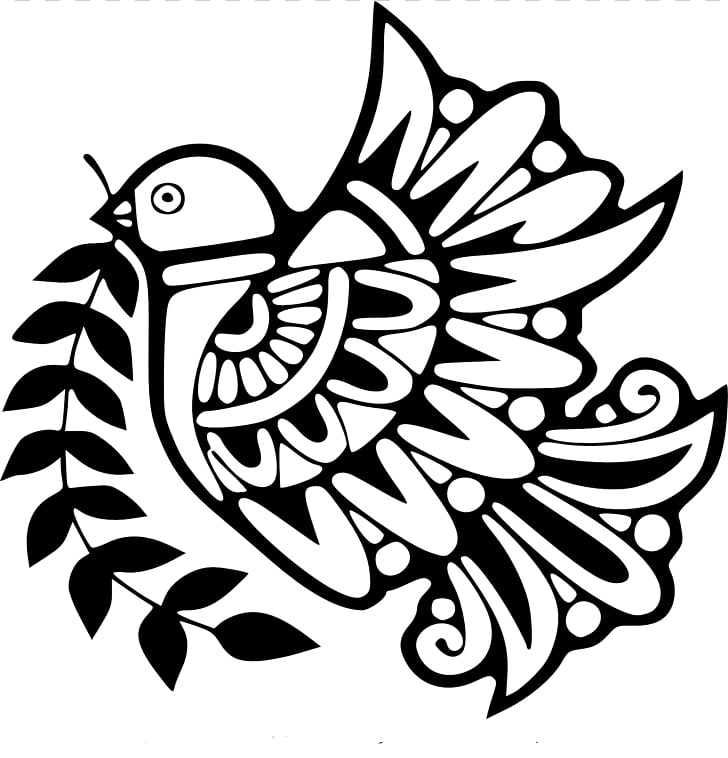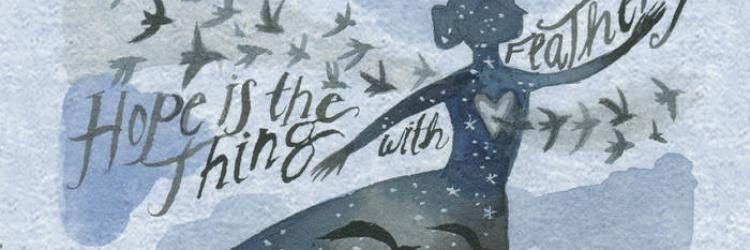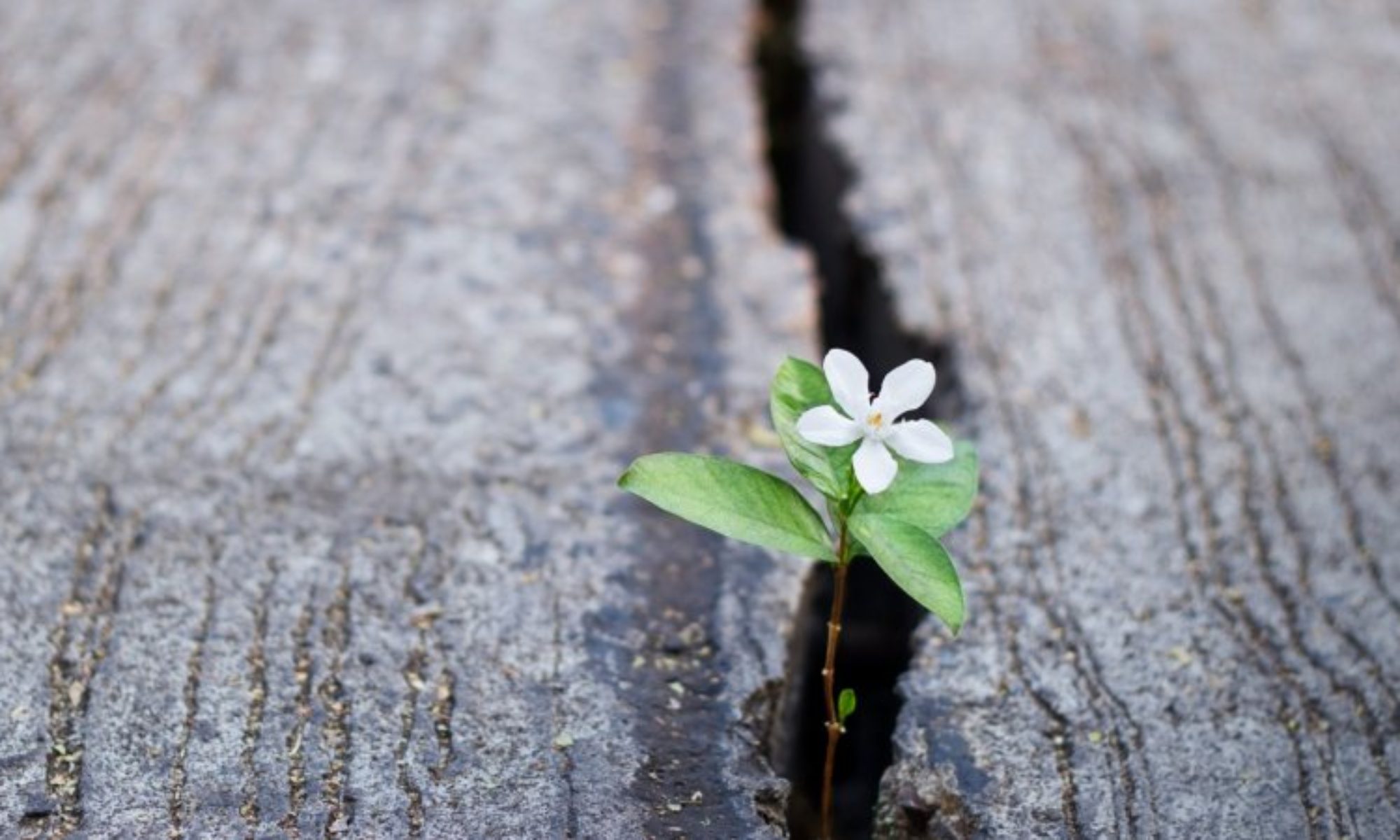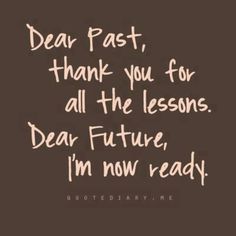Advent 2: PEACE Daily Devotional – Dec 8
Cultivate peace each day this week. December 8: The Peace of Christ Scripture: John 14:27 — Peace I leave with you; my peace I give to you. I do not give to you as the world gives. Do not let your hearts be troubled, and do not let them be afraid. Meditation: Inner peace is […]




